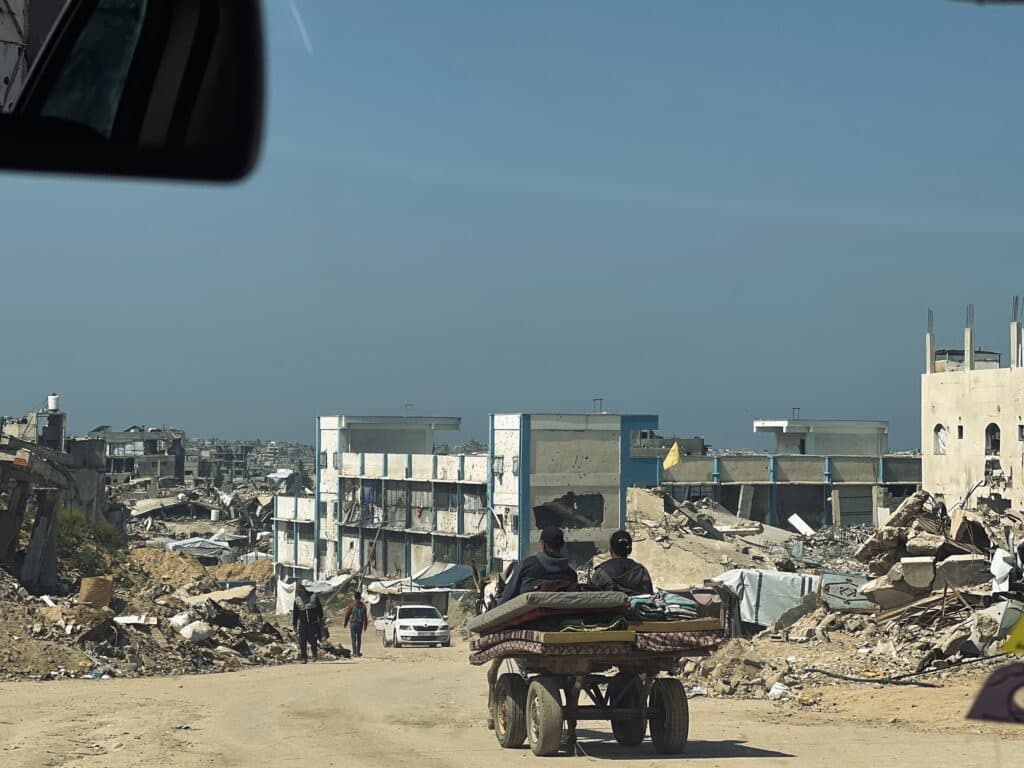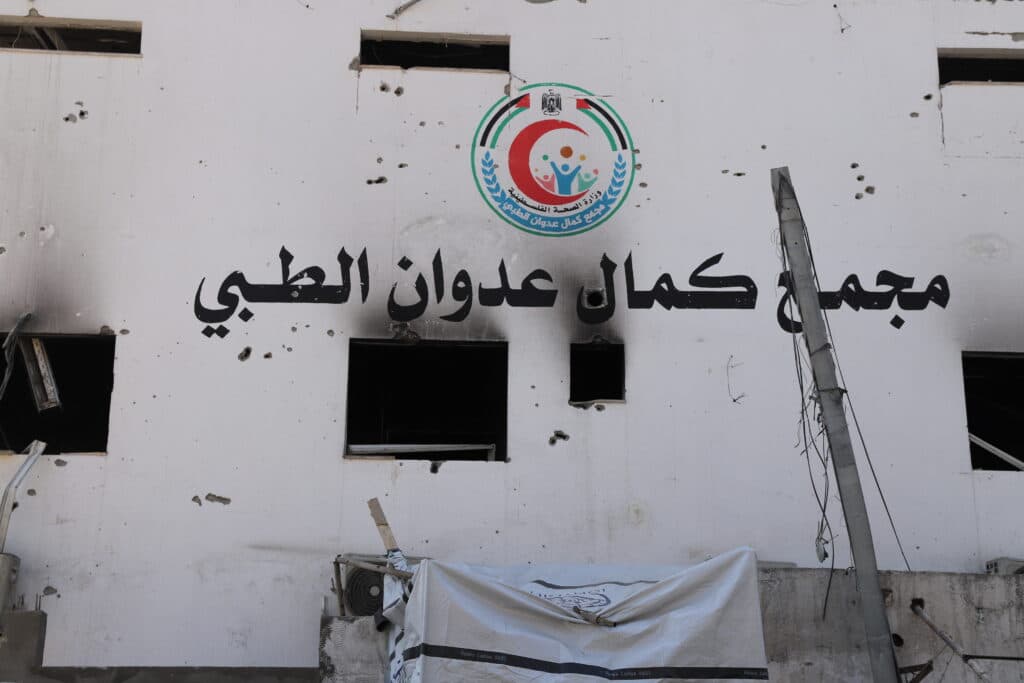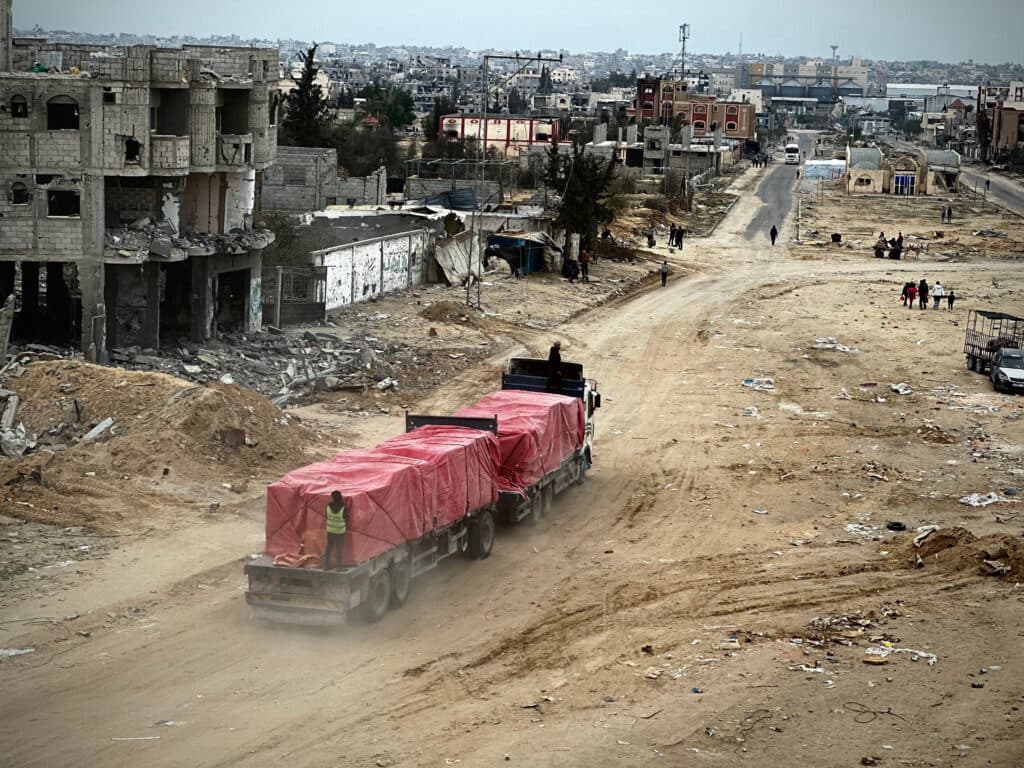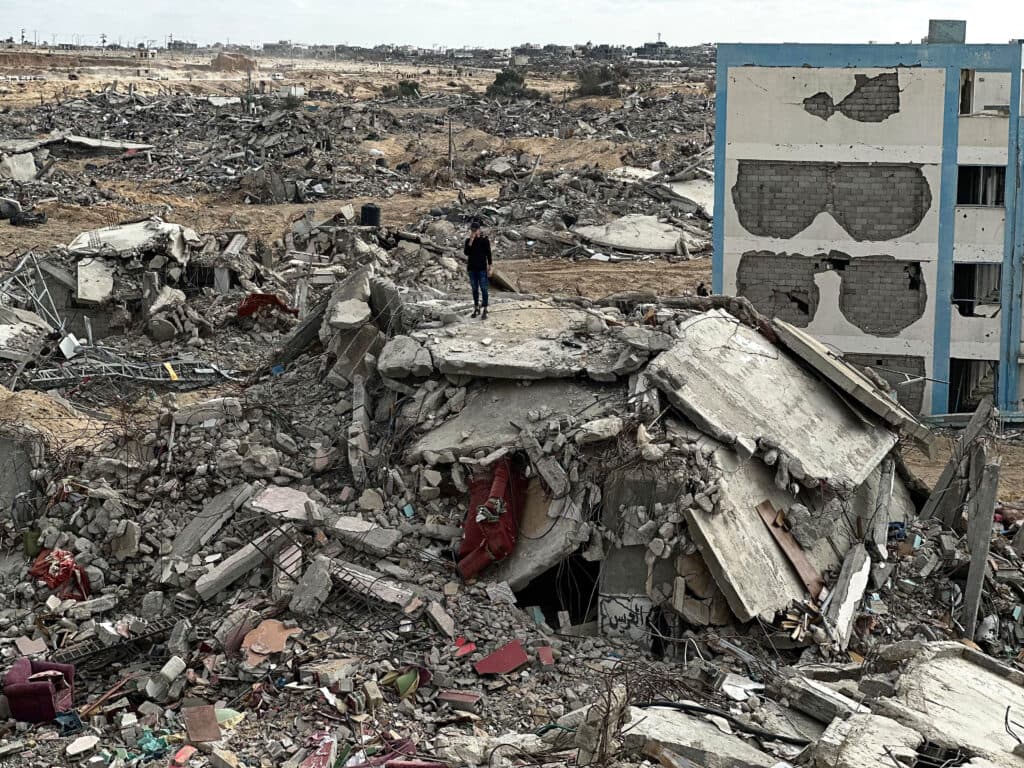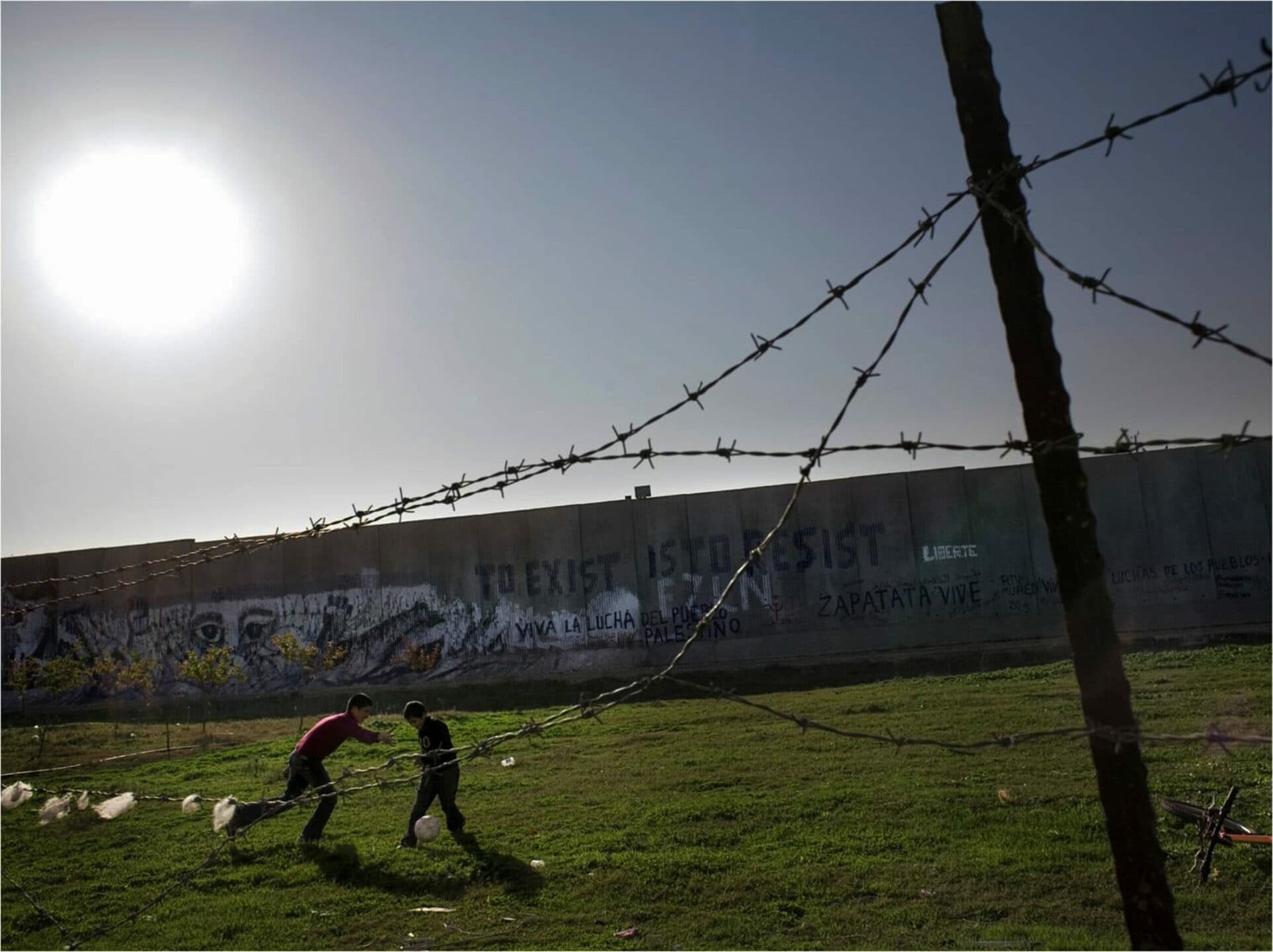
Israeli-Palestinian Conflict
Our team in Jerusalem provides legal expertise to support humanitarian and human rights action in the Israeli-Palestinian context.
Latest news and reports
Featured publication
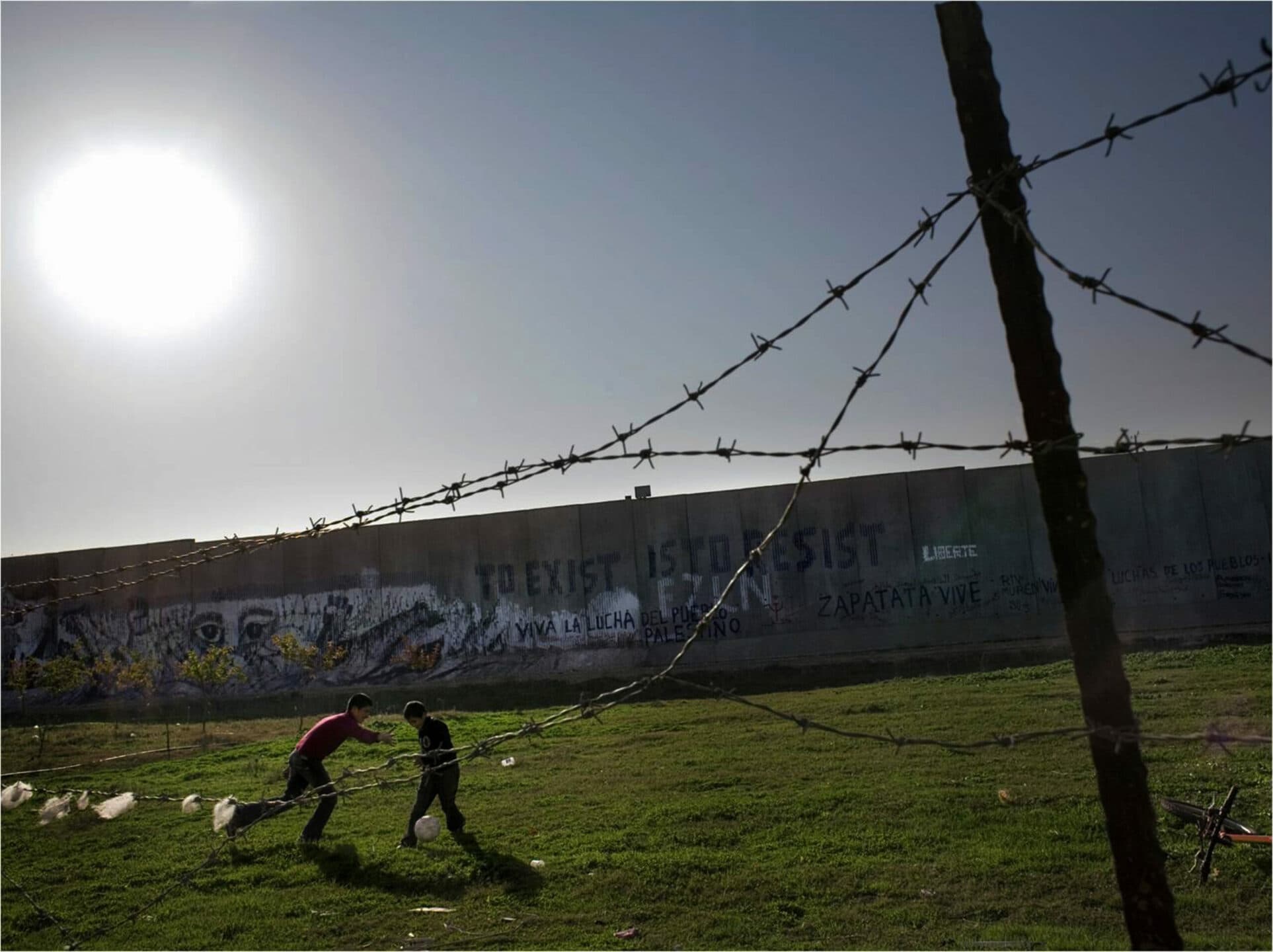
Easy Guide to International Humanitarian Law
Reference for Professionals Working in the Occupied Palestinian Territory
4th revised edition (2021)
Current research projects

Hostilities and Violence in the oPt
We provide in-depth legal analysis of the hostilities in Israel and Gaza, as well as rampant violence across the occupied Palestinian territory (oPt).

Shrinking Civic and Humanitarian Space
We provide in-depth analysis of the measures taken to restrict civic and humanitarian space in Israel and the oPt.
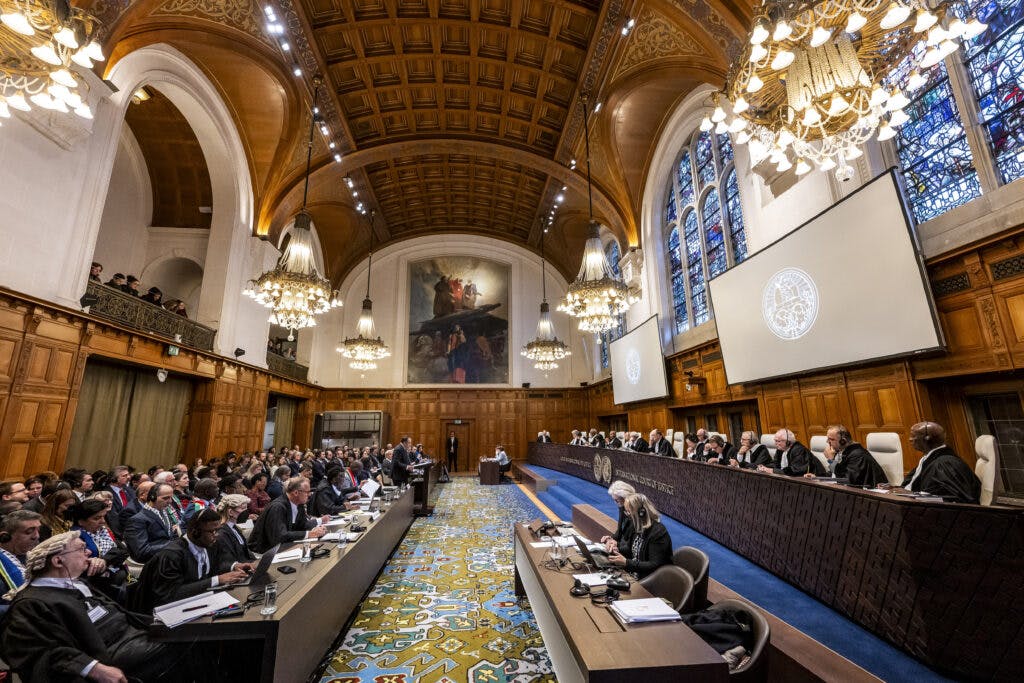
Legal Proceedings Relating to Israel and the oPt
We closely monitor proceedings before the International Court of Justice (ICJ) and the International Criminal Court (ICC) relating to Israel and the oPt. Publications and updates on this topic as well as significant proceedings before domestic courts are listed on this page.
Contact the IHL help team for the occupied Palestinian territory and the region
Our team in Jerusalem provides analysis of the rules of international humanitarian law (IHL) and other international legal frameworks applicable in armed conflicts in general and in situations of occupation in particular.
E-mail: info@ihlcentre.org

Adherence to IHL reduces human suffering and removes obstacles to peace
- Enhanced knowledge and understanding of IHL can generate greater respect for its rules and is a crucial precondition for securing adherence to them, which in turn contributes to the alleviation of human suffering.
- In the Israeli-Palestinian context, implementation of IHL and of the law of occupation in particular would remove some of the main obstacles to peace in the region.
- IHL provides an objective standard for advocacy that can overcome differences in moral, political, and religious outlook.

Legal research and training for better compliance with IHL in the Israeli-Palestinian context
We assess that recurring violations of international law in the Israeli-Palestinian context are rooted not in a poor understanding of the law, but in a lack of genuine commitment to it. The IHL Centre seeks to promote the humanitarian purpose of IHL through critical legal analysis of the policies and practices of primary duty bearers, with a view to exposing violations and challenging subversive interpretations of the law.
Drawing on our legal analysis, we engage with a range of stakeholders who are in a position to exert pressure on duty bearers to comply with IHL. We also work with legal experts in governmental service and civil society worldwide to foster the rejection of harmful legal interpretations.
Through our research and training, we further aim to strengthen the capacity of local and international civil society organisations to promote respect for IHL and enhance humanitarian protection for affected populations.


